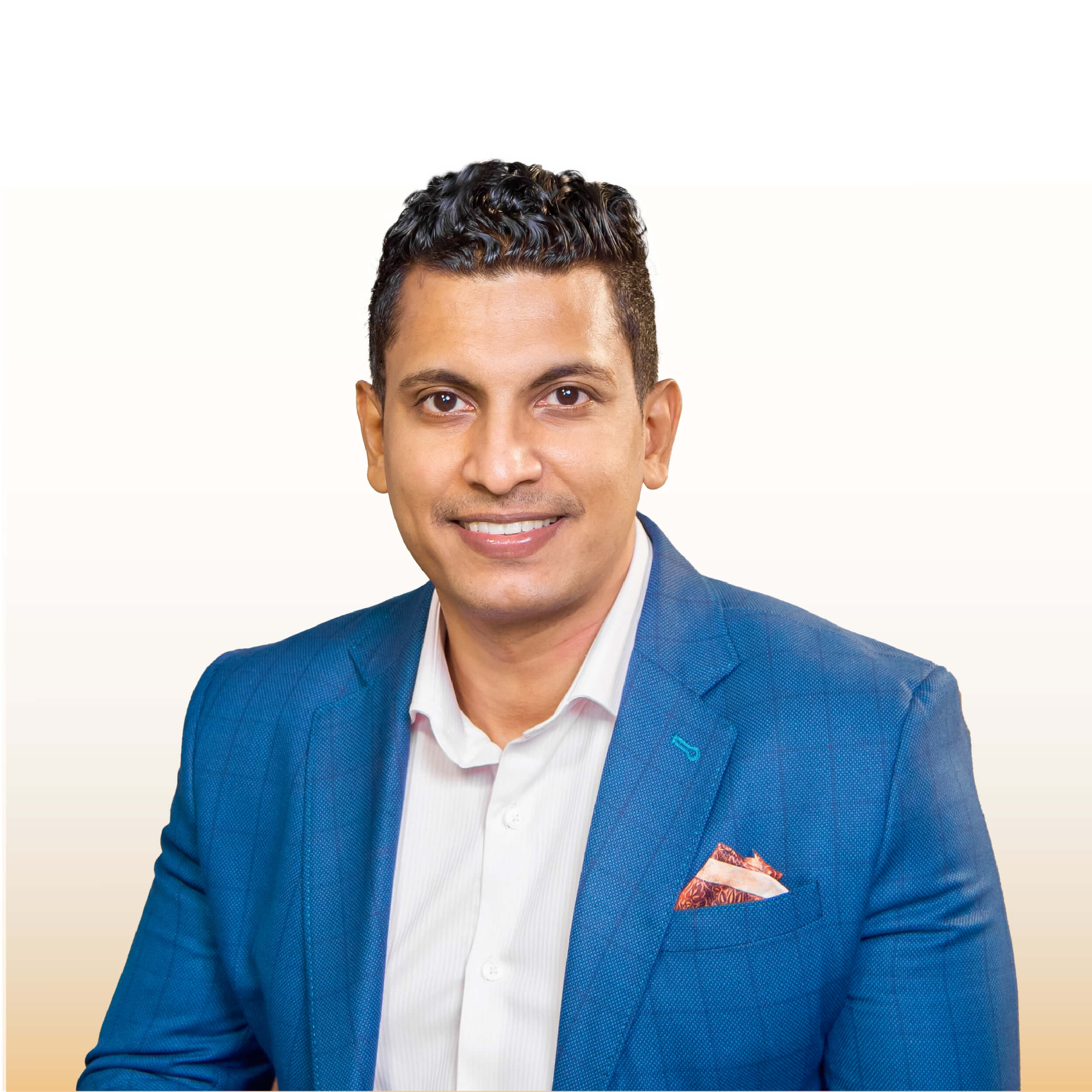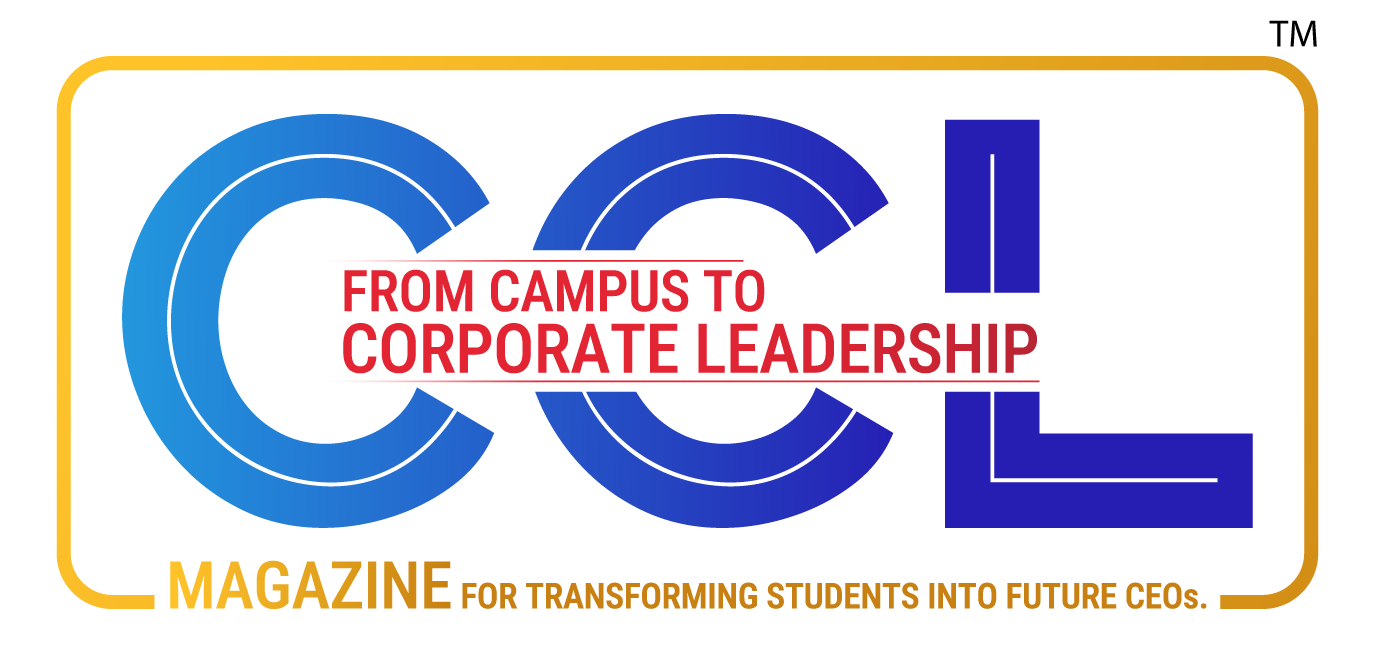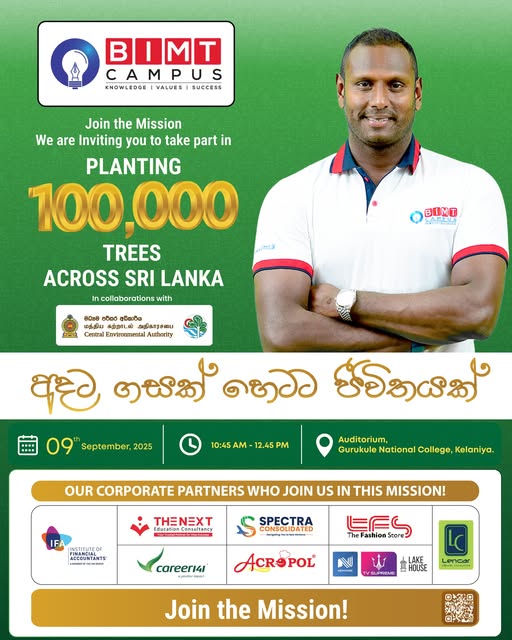Now Reading: Extravagance & Style in Entrepreneurship
1
-
01
Extravagance & Style in Entrepreneurship

Extravagance & Style in Entrepreneurship
I prioritize calculated risks grounded in thorough market analysis and aligned with our core strengths and long-term vision. Early adoption of digital marketing in 2015 gave us a competitive edge. I favor an incremental approach—testing and refining strategies to minimize risk. By fostering a culture of informed risk-taking and innovation, we turn challenges into sustained growth and industry leadership.
Mr. Dhanushka Fernando
Scroll to Top









